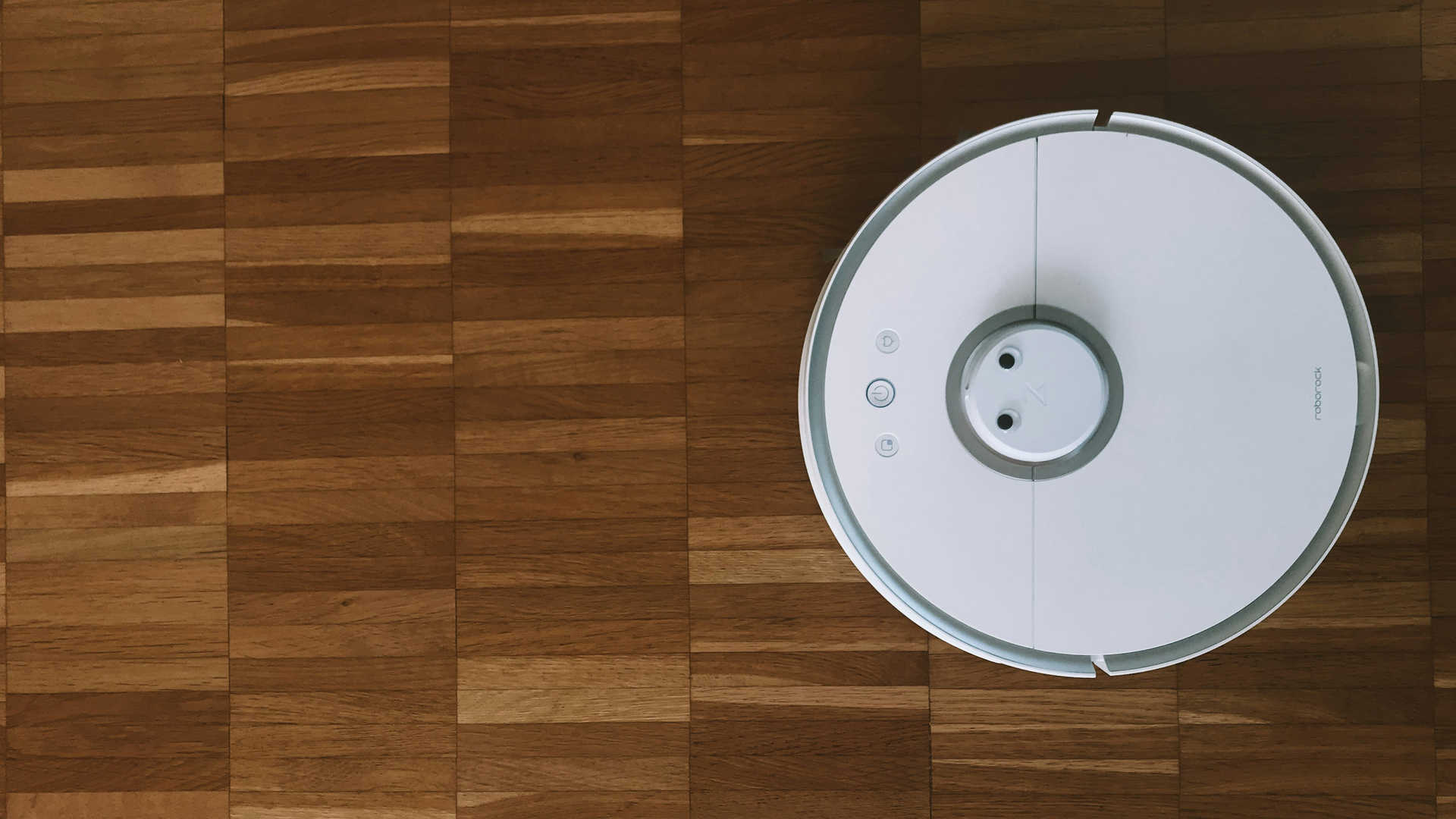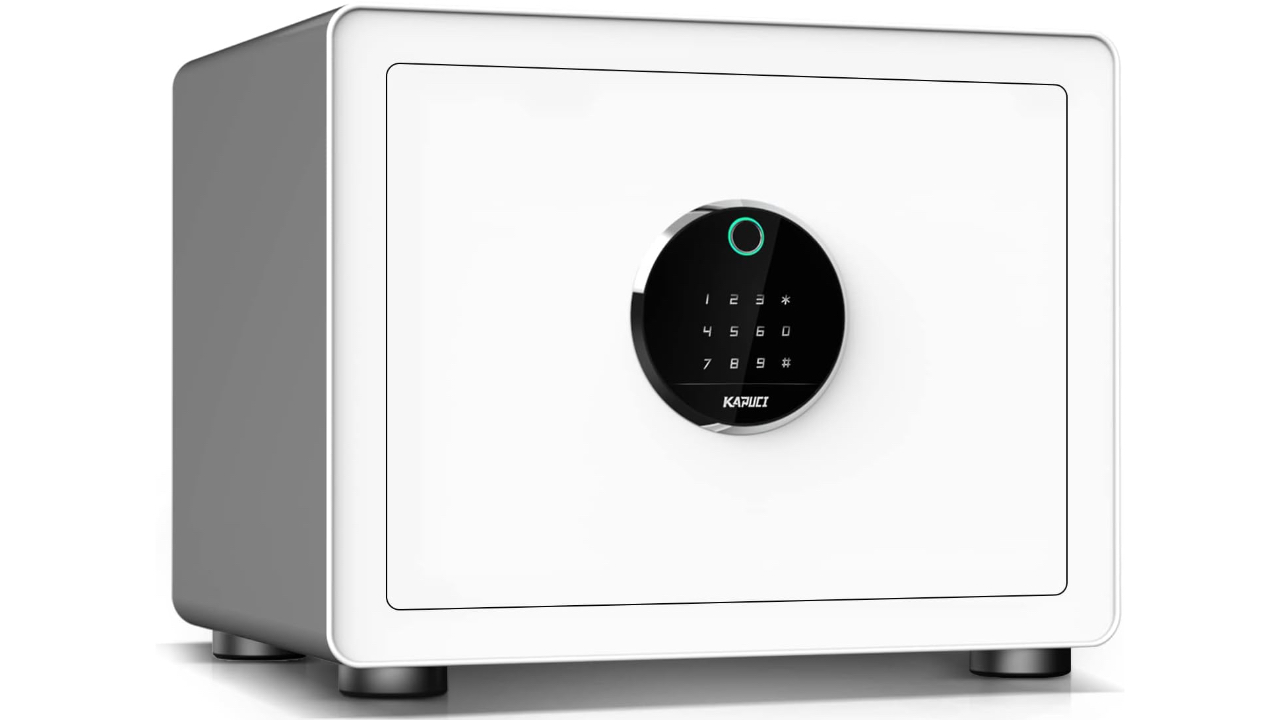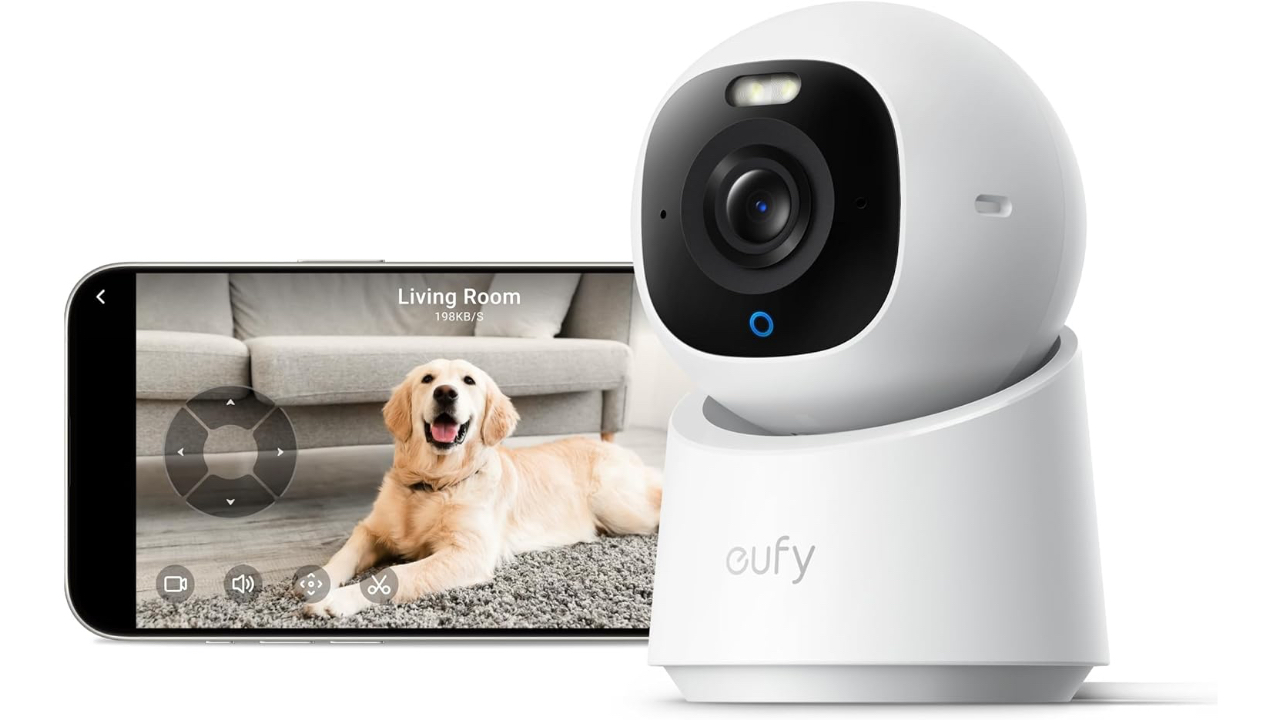Vacuuming – it’s a chore that few enjoy, but one that’s essential for maintaining a clean living environment. Enter the era of robot vacuums, promising to alleviate the burden of this task with automated cleaning. But are these futuristic gadgets truly worth the investment? In this article, we’ll delve into the pros and cons of robot vacuums to help you make an informed decision.
Understanding Robot Vacuums
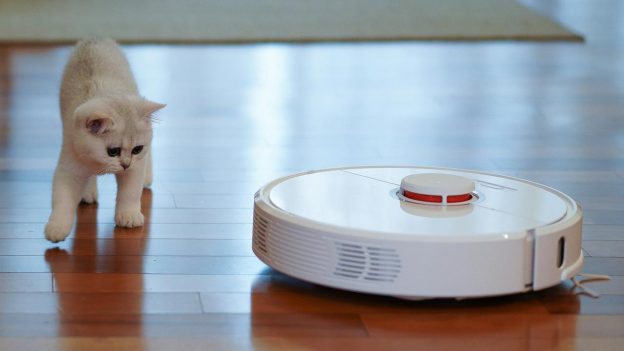
Photo by YoonJae Baik on Unsplash
Robot vacuums, born from the innovative Roomba introduced in 2002, embody the fusion of robotics and cleaning technology, promising to revolutionize household maintenance. These autonomous devices operate independently, equipped with sensors, brushes, and motors to navigate and clean floors with minimal human intervention.
Modern robot vacuums feature sleek, compact designs that enable them to effortlessly maneuver under furniture and into tight corners, accessing areas traditional vacuums struggle to reach. Their autonomous navigation systems, powered by a suite of sensors including infrared, laser, and cameras, allow them to detect obstacles, avoid collisions, and map out their surroundings in real-time.
Integration with smart home ecosystems is a hallmark feature of robot vacuums, offering seamless connectivity with voice assistants like Amazon Alexa or Google Assistant. This enables users to control their devices remotely, schedule cleaning sessions, and create customized cleaning routines tailored to their preferences.
In essence, robot vacuums represent a paradigm shift in home cleaning, offering unparalleled convenience and efficiency. As technology advances, we can expect these devices to become even more intelligent and capable, further enhancing their value in modern homes.
The Pros of Robot Vacuums
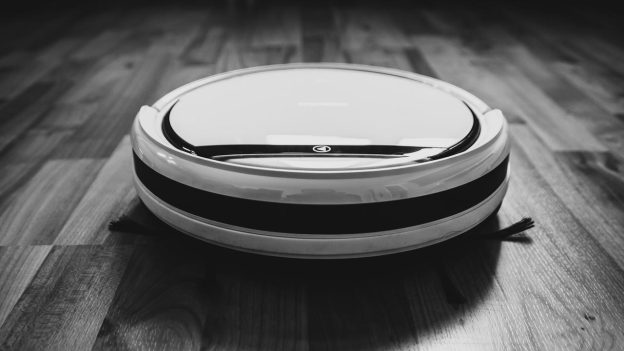
Photo by Denny Müller on Unsplash
Robot vacuums have emerged as a revolutionary solution to the age-old chore of cleaning floors, offering a range of benefits that make them increasingly popular among homeowners. Here are some compelling reasons why investing in a robot vacuum may be worthwhile:
The Cons of Robot Vacuums
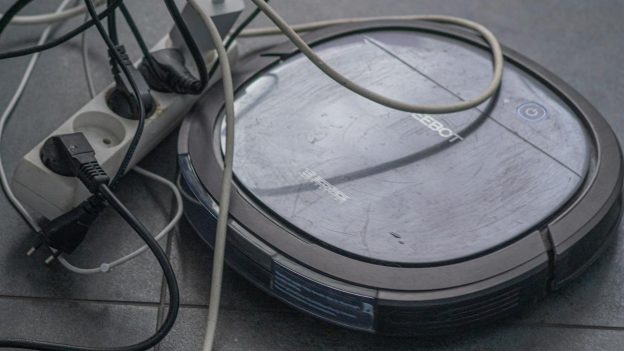
Photo by Elena Mozhvilo on Unsplash
While robot vacuums offer numerous advantages, they also come with certain limitations and drawbacks that may impact their suitability for every household. Here are some considerations to keep in mind when evaluating the potential drawbacks of robot vacuums:
Conclusion: Making an Informed Decision
So, are robot vacuums worth it? The answer depends on various factors, including your home layout, lifestyle, and budget. While these devices offer undeniable convenience and efficiency, they come with limitations and considerations that may not suit every household.
Before investing in a robot vacuum, assess your cleaning needs, evaluate the compatibility of your home environment, and consider the long-term costs and benefits. Ultimately, while robot vacuums can enhance your cleaning routine, they should complement rather than replace traditional vacuuming methods.
In conclusion, robot vacuums represent a modern solution to an age-old chore, but whether they’re worth the money is a decision best made with careful consideration of individual circumstances and preferences. We hope these pros & cons of robot vacuums will help you decide.

